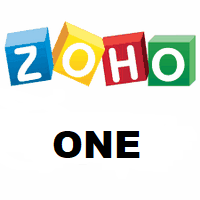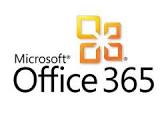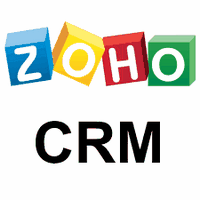I love my tennis buddies even if they are a bit technically challenged. Take away their AOL accounts and they’d never be able to access e-mail; to them a browser is someone who’s not yet ready to make a purchase. I found it quite interesting that lately many of them were switching cell phone carriers because they just “had to have” an I-Phone. I know they’ll never use the device for anything other than the most basic features yet they were willing to pay the price for an I-Phone.
I began to wonder what prompted this I-Phone fixation by my friends. The answer is quite simple – it pays to advertise. After all, the harder “they” sell the more likely we are to buy.
All too often CRM shoppers succumb to the same sales tactics that got my friends to buy I-Phones. They’re told that one solution is “better” or “easier” than another when in reality most solutions offer pretty much the same standard set of features.
A simple search on the Internet will provide you with hundreds of CRM solutions. So how do you narrow the field? Here are a few of my suggestions:
- Look for software with a proven track record; after all, there’s safety in numbers. A large user install base means that the company has been able to keep lots of people happy – and stayed current with the latest advancements in technology.
- Avoid start ups. Period. Sure, they can promise you the moon but might lack the financing to stay solvent. Where will you – and your database – be if the company goes belly up?
- Look for a variety of technical support options. If you love to DIY you’ll want a large searchable knowledge base. Look for books and online training videos from third-party vendors; those vendors will only create materials if there are enough folks out there to buy them. Are there independent consultants available to help you and, if so, at what price?
- Understand the pricing structure before you sign on the dotted line. Are you paying a one-time, monthly or annual fee? Does the pricing include all of the software’s functionality or do you have to pay extra for adding additional features? Will you be hit with an additional charge as your database grows?
- There is no such thing as a free lunch –avoid free software unless you have a very high tolerance for buggy software and advertising sidebars.
- A good CRM solution should be fairly effortless. For example, if you want to send out a lot of letters make sure you can accomplish that task quickly and easily. Have your sales person concentrate on the features that are the most important to you not the bells and whistles that you’ll never use.
- A good CRM solution should be easy to customize. The goal is to help you become more efficient, organized and profitable. Don’t be forced into changing your existing successful businesses practices to accommodate your software; a good CRM solution should be flexible.
Hopefully these hints will prevent you from making a costly mistake both in terms of time and money. And remember, if you’re one of those folks who avoid doing your due diligence, I have some prime Florida swamp land you might be interested in!




